Wroclaw's main square is supposed to be second to Krakow. We were particularly taken. The complex in the center of the square is so huge that there are streets going through the buildings! Best of all, there is a vegetarian restaurant right on the square. Around town there are more vegetarian restaurants than we can visit, let alone eat at them all.
The city of Lublin was staging an outdoor performance for the upcoming weekend in the next block from our guesthouse. We happened to catch the dress rehearsal. I was thoroughly impressed by their extravagance and sophistication - Magician of Lublin?
On the train to Wroclaw, somewhere west of Lublin.
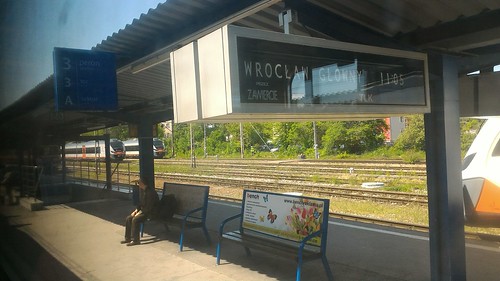
Wroclaw's Town Square was huge and colorful. This shot only shows about 1/8th of the square as the building on the right, the New Town Hall, is not a bordering building but in the middle along with the Old Town Hall and bunch of other buildings.
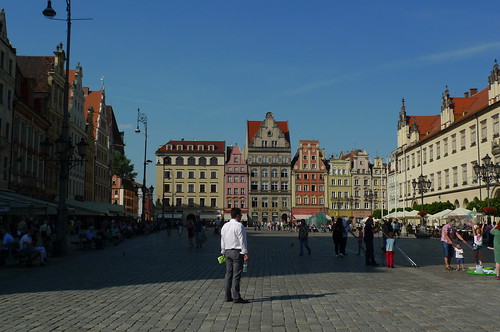
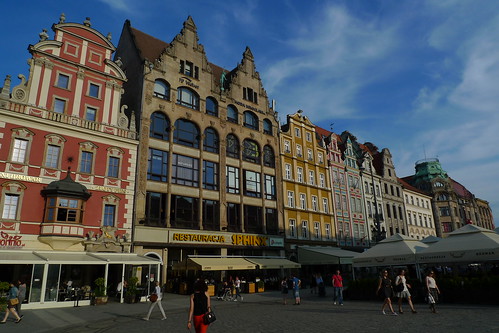
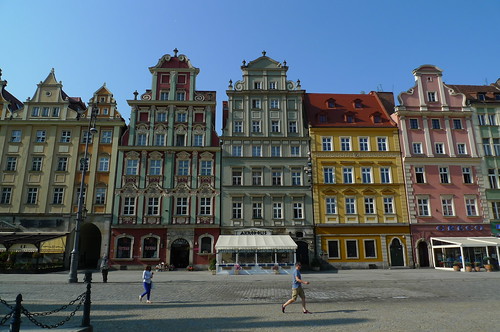
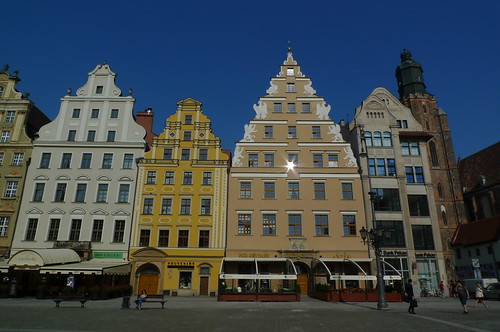
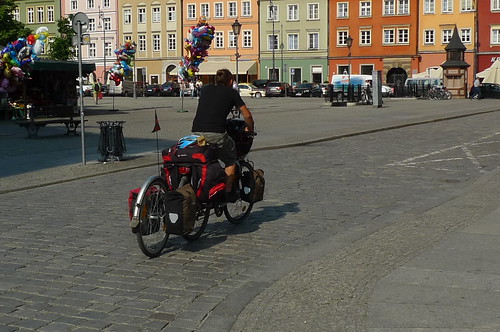
Looking down past the Old Town Hall to the only Modern building on the square..
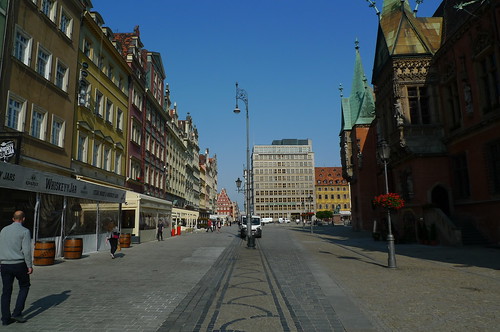
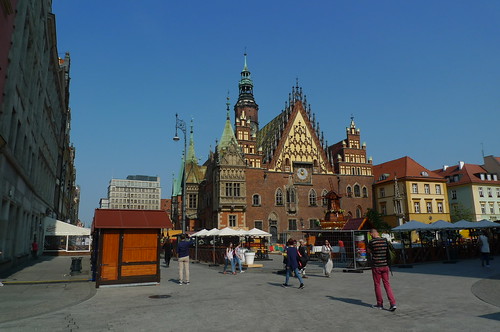
But first, lunch at Vega vegetarian restaurant.
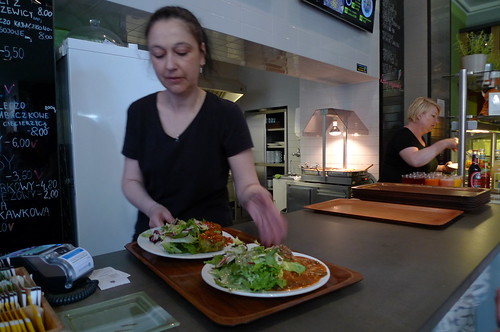
Pierogis at the supermarket.
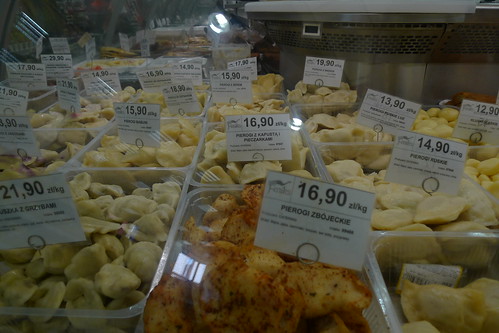
Gotta like a city that builds a park (with plenty of seating) on its waterfront instead of condos or malls or parking lots.
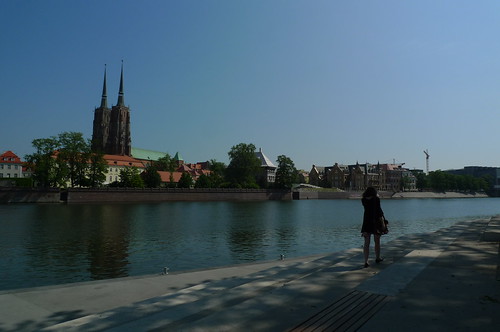
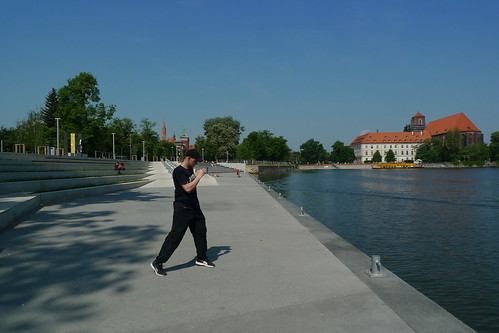
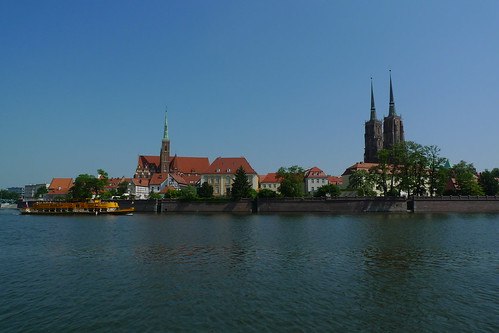
The old Markethouse is a beauty, in and out.
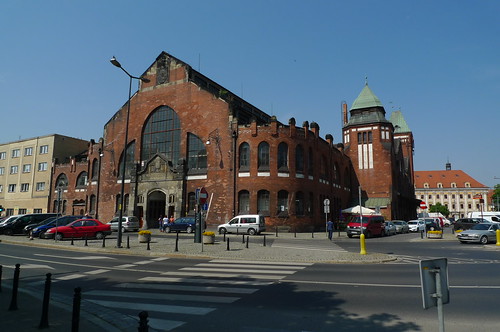
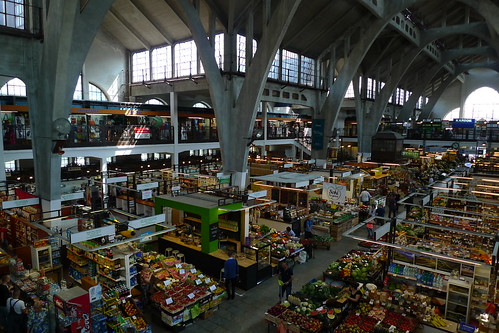
We bought some pastries.
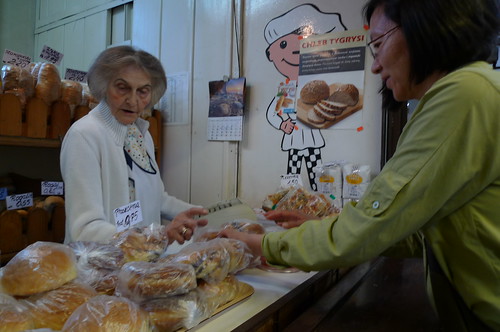
Creating a mosaic at the Ukrainian Catholic Church.
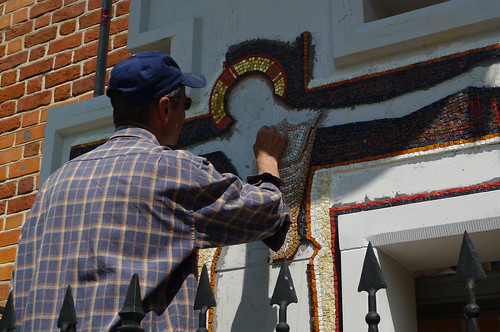
The architectonic ceiling at Church of the Holy Name of Jesus is a big attempt, but ultimately too busy and too overhead.
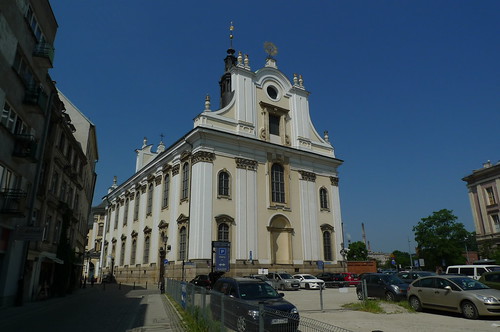
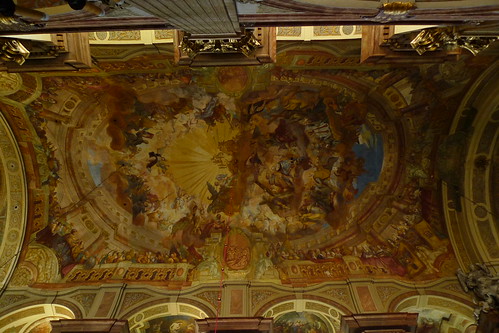
The University building is over 100 meters long.
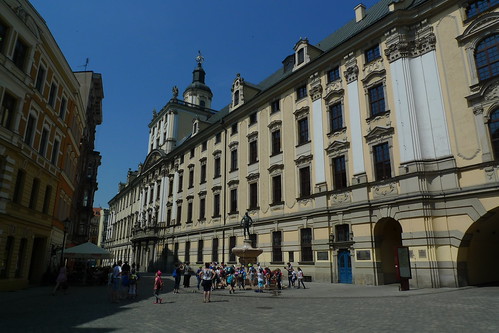
The Green Bus - a vegan food truck/van. We checked them out but did not eat there as the menu offerings were solely pizza and veggie burgers; we are trying to eat as much Polish food as possible.
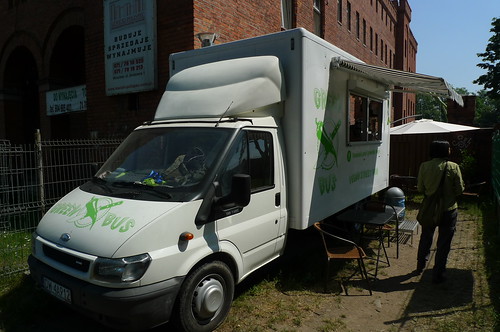
Crossing Most (Bridge) Tumski on our way to the twin-spired Cathedral (back right).
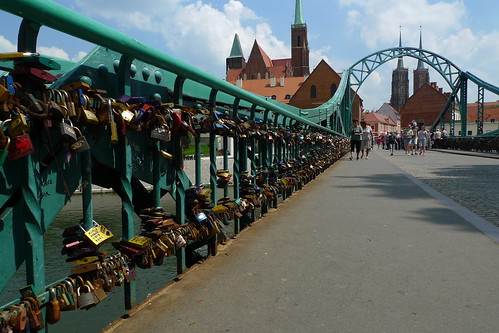
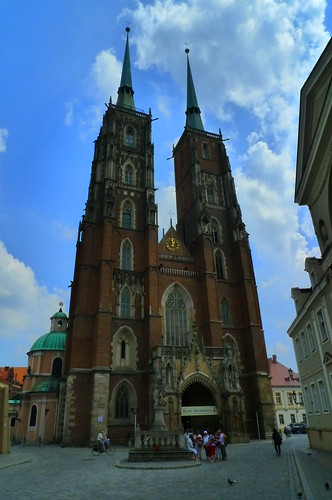
Inside the White Stork Synagogue.
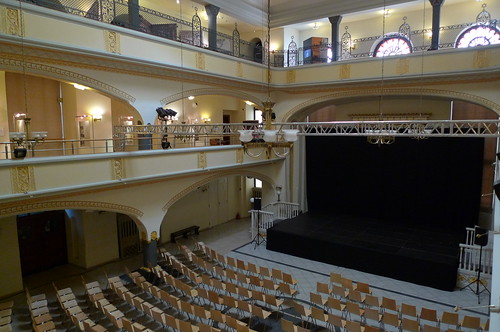
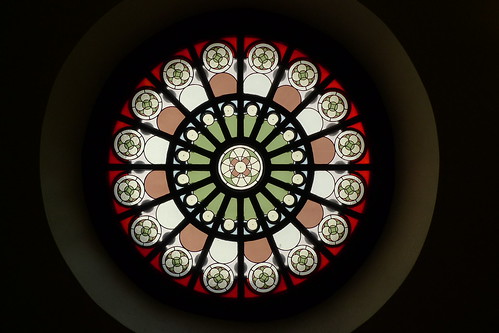
New-ish trams.
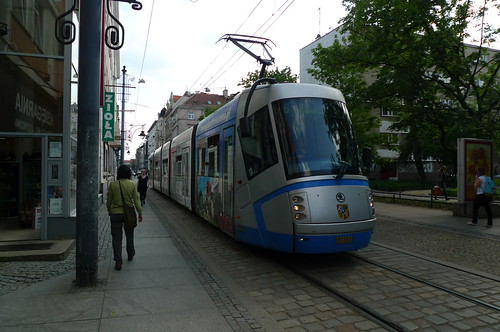
We decide to try all five veg cutlets served at Vega, plus the vegan stuffed eggplant. ;-)
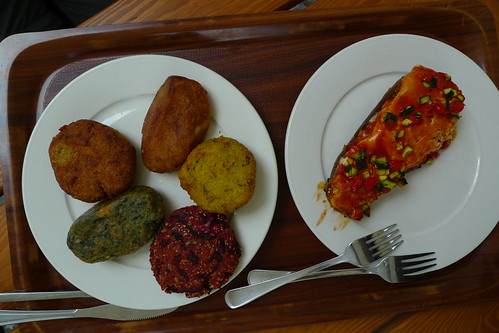
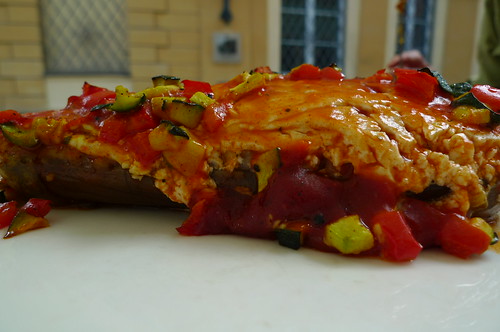
Evening stroll past the very red-orange outdoor Lublin Exhibition, into the Square, and towards the Cathedral.
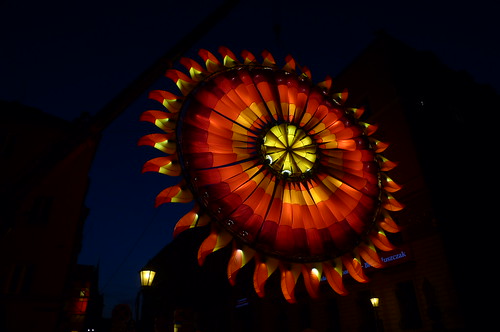
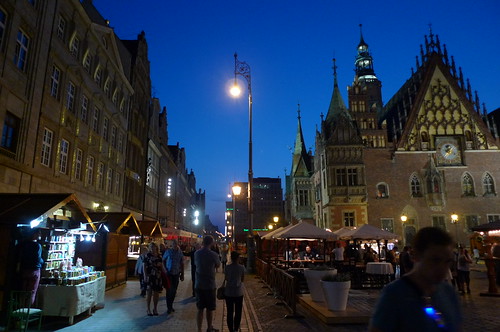
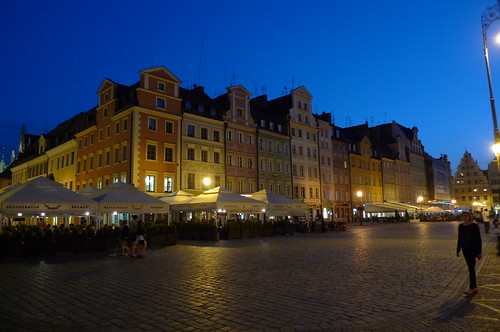
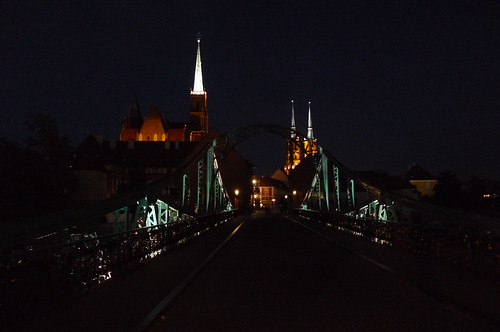
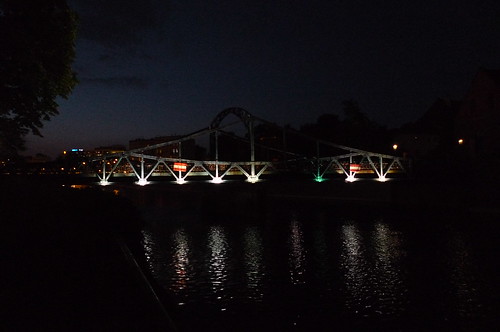
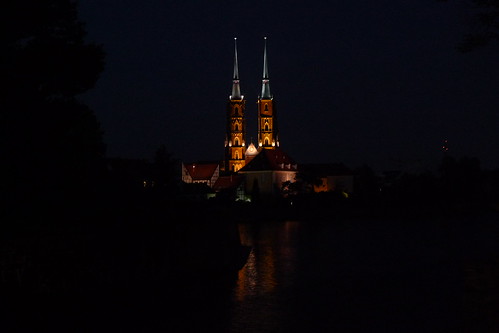
Day Two: On our way to the Architecture Museum we encounter the massive brick Post Office with attached in-progress very modern WHITE apartment building.
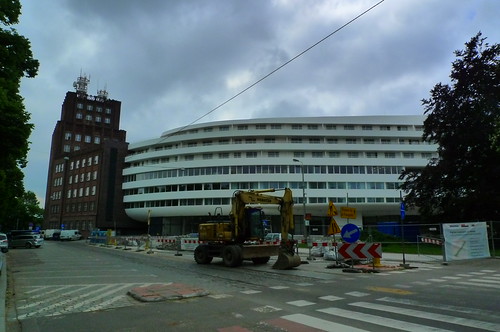
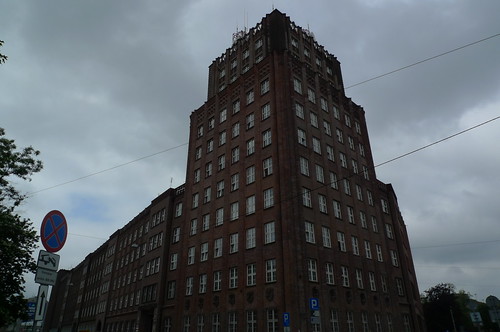
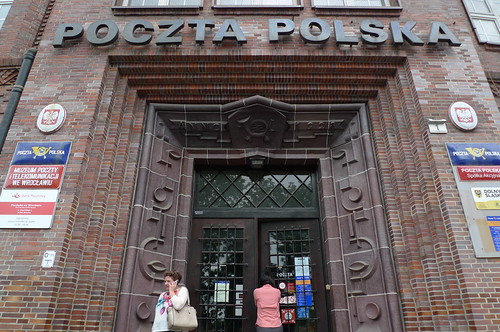
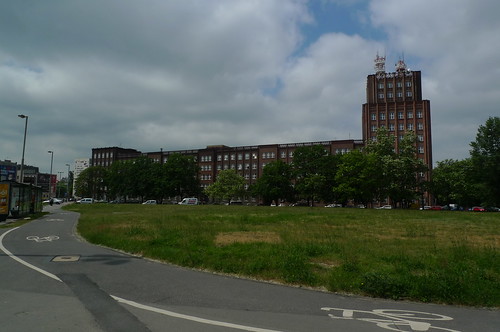
The Architecture Museum, housed in an old church, exceeded our expectations with an exhibit on Art Nouveau ceramics ...
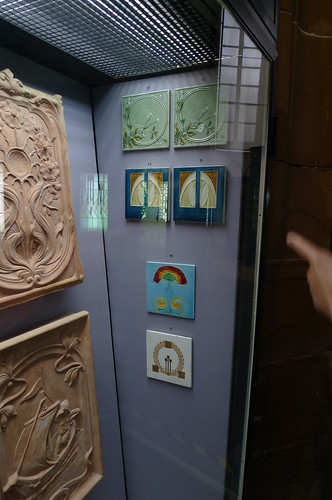
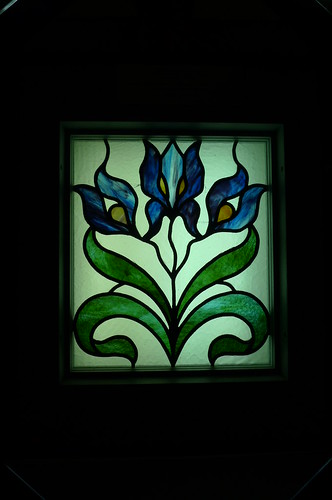
...er, and this Art Deco Stove.

Plus Werkbund in Poland.
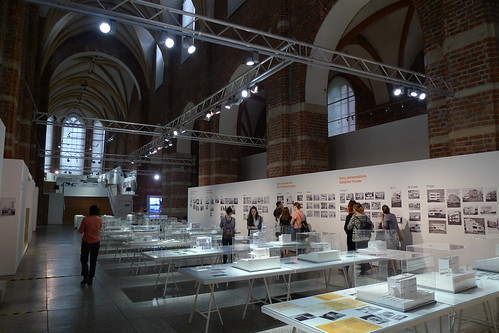
Just can't get enough of Polish self-service food. This at Express Kuchnia Marche, our new fav.
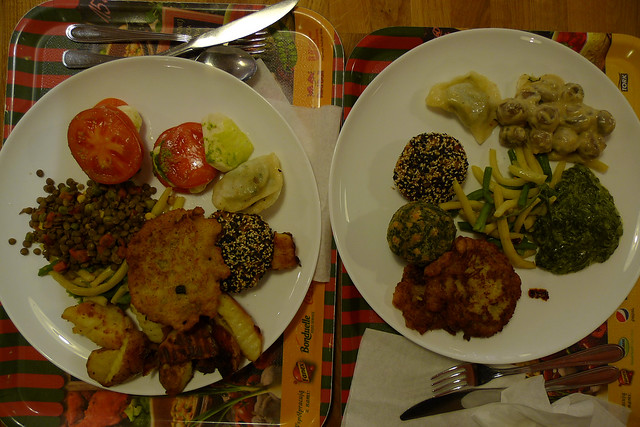
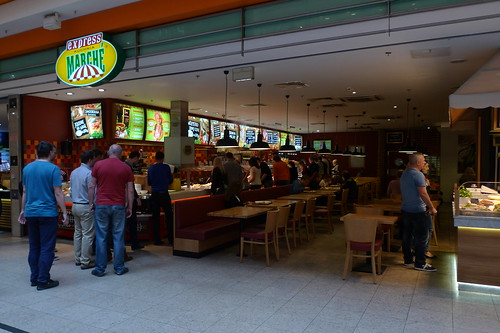
We cross Most Grunwaldski, walk along a shaded path, and cross Most Zwierzyniecki to checkout Centennial hall (built in 1913) and the multimedia fountain behind it.
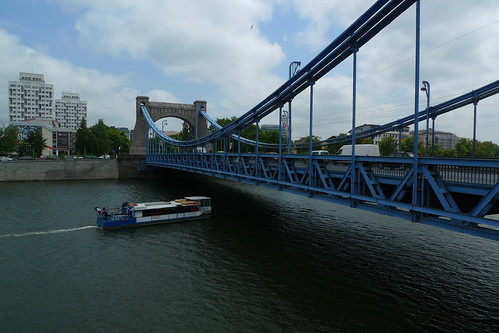
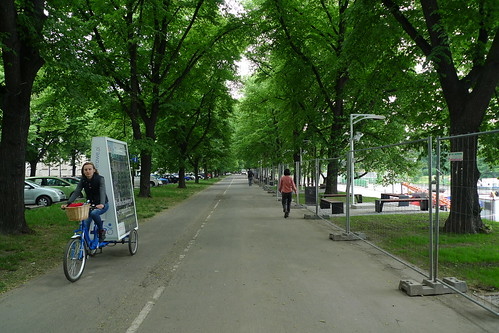
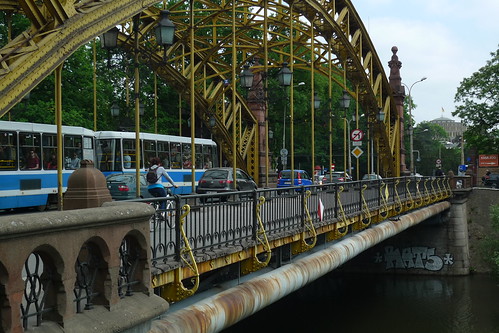
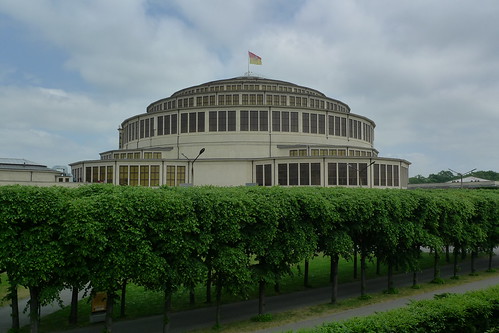
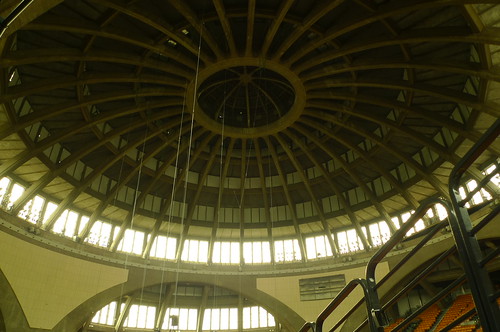
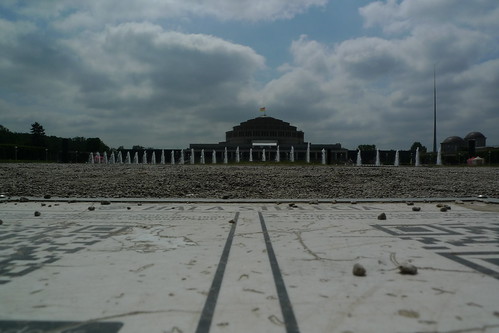
Centennial Hall and the fountain (with pergola) are popular with tour groups of all ages.
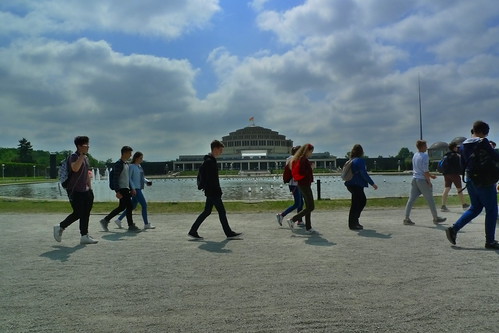
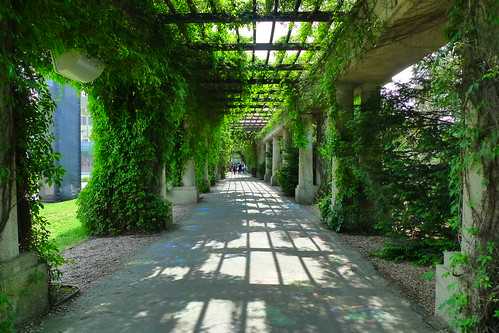
A great example of Werkbund architecture in Poland, the Park Hotel, is located nearby.
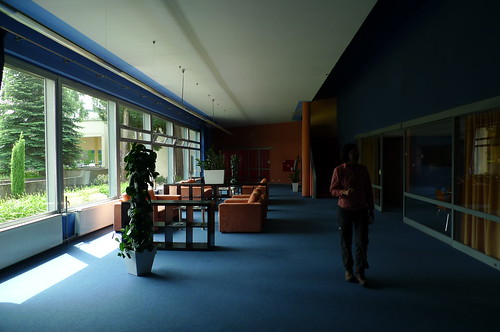
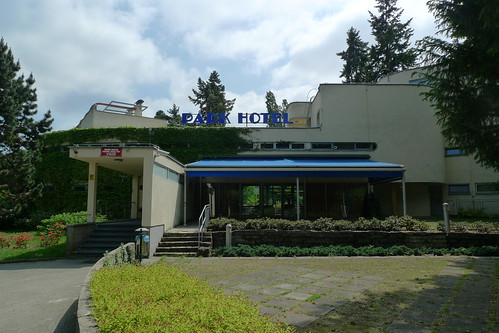
And the entrance to Centennial hall in all its glory.
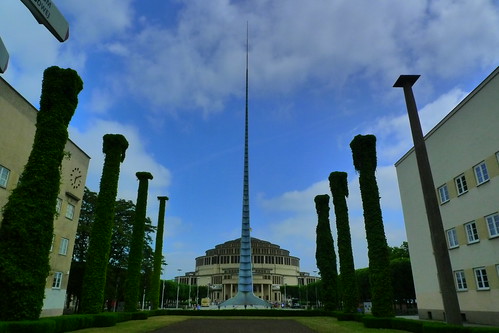
The former Jewish Hospital.
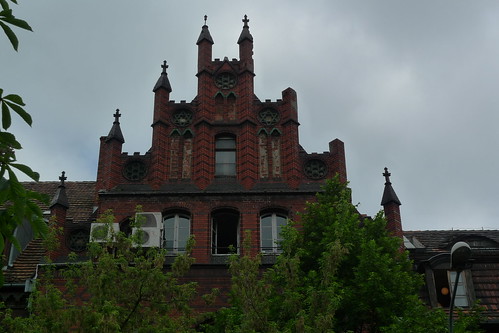
Balconies.
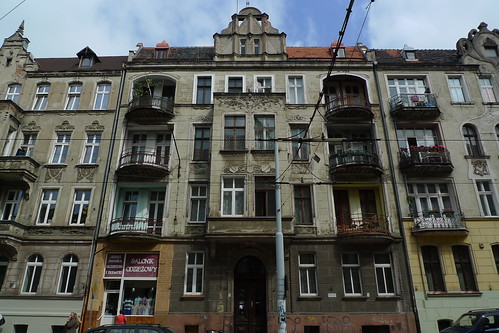
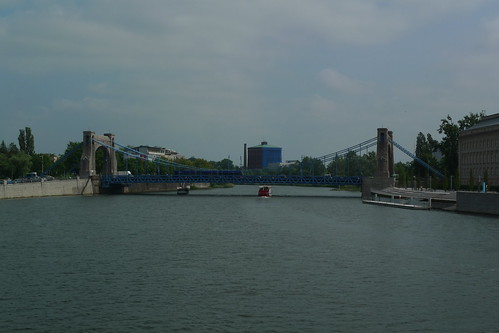
The Lublin Exhibition just off the Wroclaw Market Square.
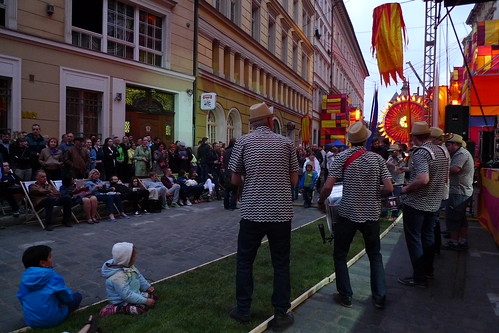
Evening stroll.
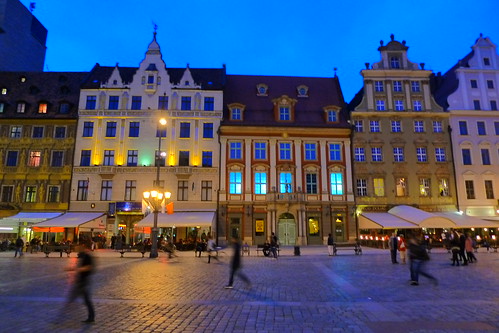
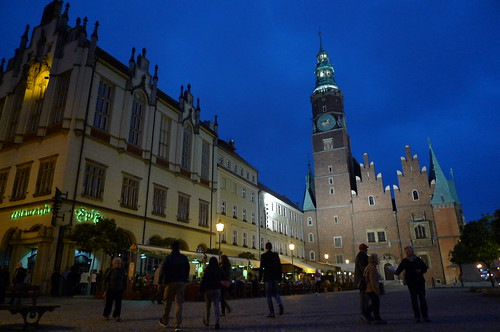
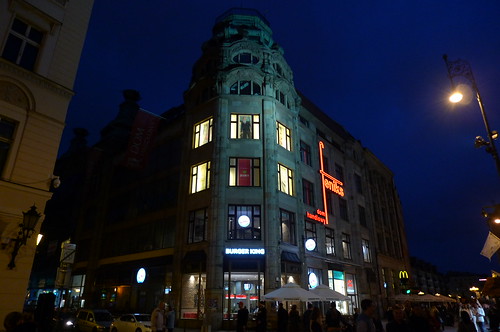
And back to the Lublin outdoor performance.
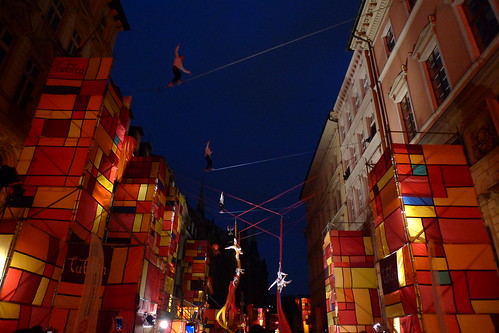
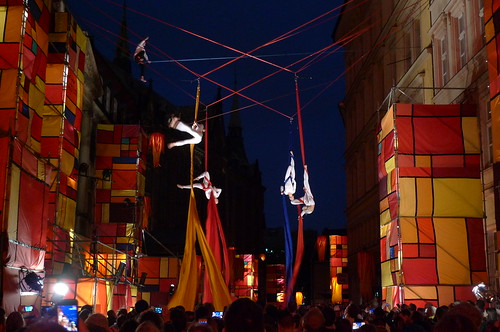
The Rudolf Petersdorff Department Store and two additional Modernist buildings in the Old Town area.
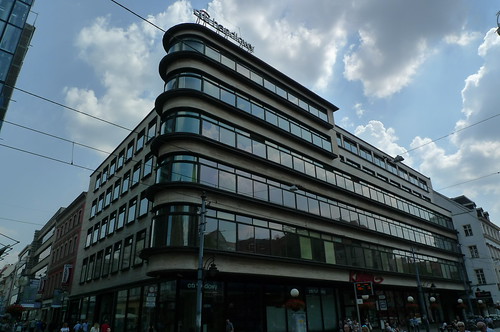
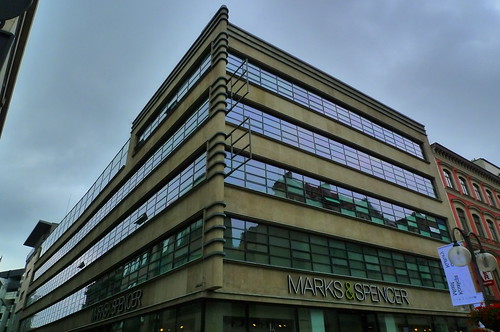
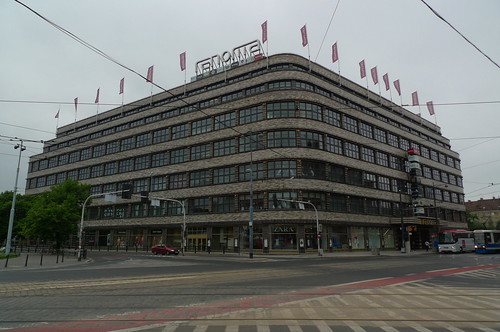
Very nice, but no gnomes?
ReplyDeleteWe've been away Sierra Club volunteering in NYC Riverside Park. Will take some time to catch up with your prolific posts which seem to get longer each time.
ReplyDeleteI'm confused by the three wheel bicycle. Is the third wheel a trailer?
And you say Wroclaw was devastated in WWII but, based on your photos, appears much escaped such.
kathy, The touring schoolkids were certainly enjoying the gnomes. ;-)
ReplyDeleteEd,
ReplyDeleteJust a 3rd wheel with panniers.
Wroclaw was devastated in WWII then mostly rebuilt during the period of Soviet domination, and then more rebuilding and modernization after the Soviet Union's demise in 1990.
-john